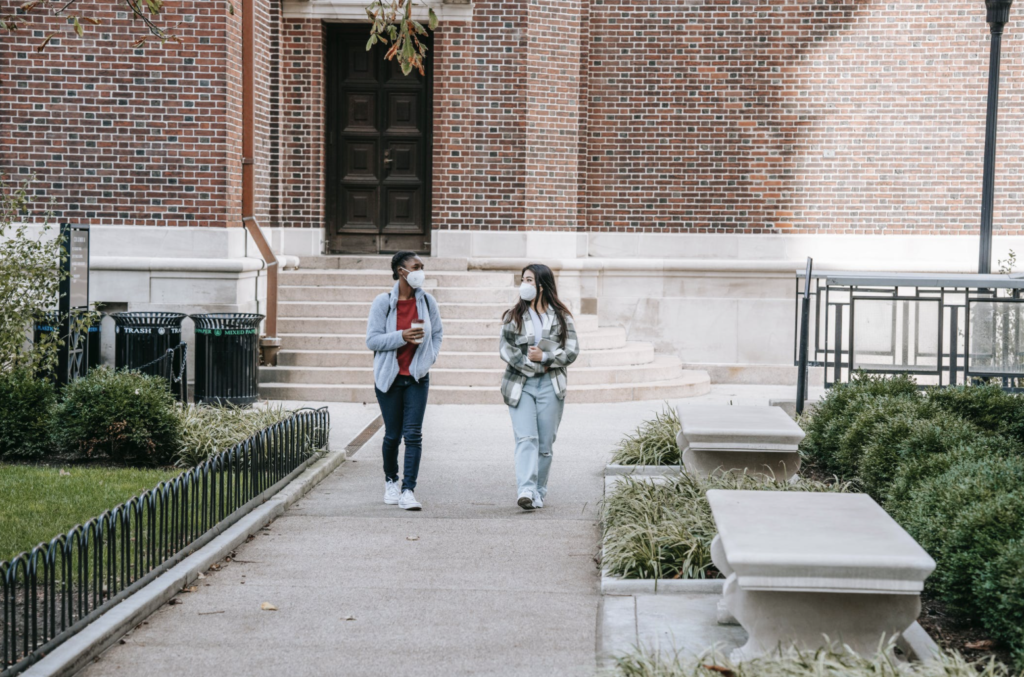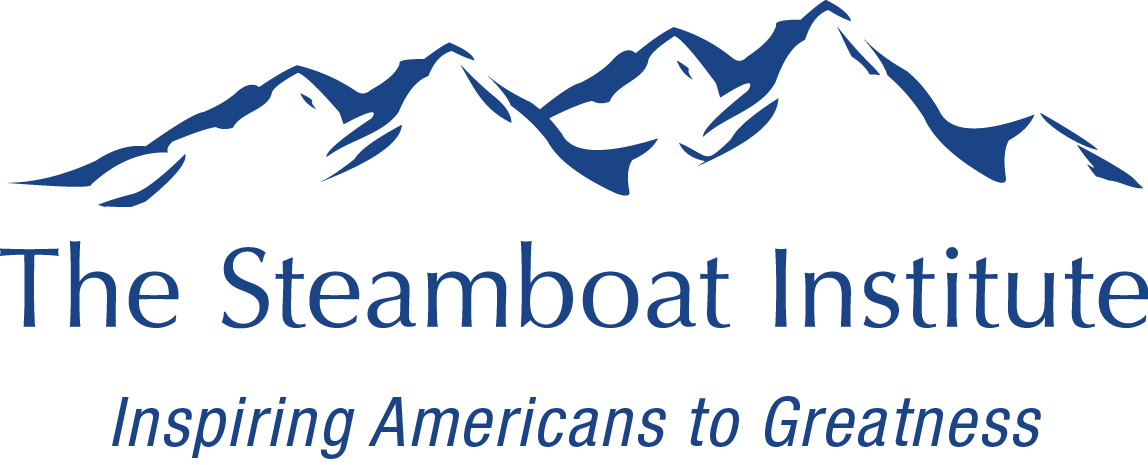
by Christina Eastman, Emerging Leaders Council
Cancel culture is manifesting at conservative institutions. This was made clear last month when the University of Colorado Boulder relieved John Eastman, current Visiting Professor in Conservative Thought at the Benson Center for the Study of Western Civilization, of “duties related to outreach and speaking as a representative of the Benson Center” following his allegations of voter fraud in the 2020 presidential election. These actions test the limits of the First Amendment.
Dr. Eastman, who serves as an attorney for President Trump in a personal capacity in cases pending before the U.S. Supreme Court and has advised the President on matters including election fraud, spoke at the January 6 “Save America” rally. Anticipating a fiery response to his statements made at the rally, Eastman assured the Director of the Benson Center that each claim he made is corroborated by evidence and made himself available to discuss his participation.
But no discussion, debate, or exchange of ideas took place. Instead, Eastman’s classes were cancelled on the first day of the semester without warning.
What is the Benson Center For?
The Benson Center was formed to foster an environment in which intellectual debate and discourse can ensue, an environment much needed on the campus of CU Boulder. Sadly, polarizing sentiments towards voter fraud in the 2020 presidential election and, more broadly, President Trump, have perpetrated cancel culture at the Benson Center, with Eastman as its first victim.
CU Law School Dean S. James Anaya said that Eastman’s words and “conspiracy” theories involving the presidential election “gave fuel to acts of violence.” Daniel Jacobson, Director of Benson Center, wrote in a similar statement to the university community “this year has illustrated the danger of public figures, including public intellectuals, who make excuses for political violence or make public statements that exacerbate dangerous situations.” Their remarks not only insinuated that Eastman raised the temperature of the rally attendees enough to incite violence, but they also have not been amended or retracted when new evidence has surfaced indicating that the Capitol attack was pre-planned; their statements also lack acknowledgment that even state senators, such as senators from Pennsylvania, gave credence to the possibility of multi-faceted voter fraud occurring during the 2020 presidential election.
The mission of the Benson Center is supposed to be to “increase intellectual and political diversity at CU, and to defend academic freedom and freedom of speech when both are under increasing attack.” What’s more is the Benson Center is in the middle of hosting a lecture series in cancel culture called “The Canceled” in an attempt to push back against “efforts to punish those with heterodox views by banishing them from social media, pressuring their employers to fire them, harassing them in public, or threatening their families.”
A Missed Opportunity
The activities in the first weeks of 2021 tested their mission, and the Center missed an opportunity to uphold the values and diversity of thought it claims to defend. The Foundation for Individual Rights in Education discusses how the actions taken by the university against Eastman following his speech at the rally violate the First Amendment, including preemptively not renewing his contract and forbidding him from presenting the lecture series he organized. As his speech did not “constitute unlawful incitement,” it is unconstitutional to punish Eastman for protected speech with these actions.
We expect cancel culture to have a home on college campuses such as CU Boulder. But it is a sad turn of events when supposedly conservative organizations, such as the Benson Center, which champion free speech and debate, cave to the social pressure to cancel those with what are claimed to be nonconformist viewpoints.
Yet the Benson Center can still be a beacon of hope for political diversity on campus. The Center would do well to restore the engagements of Eastman – lest they deter current faculty from engaging in protected speech in fear of punishment or retaliation. Should the Benson Center choose to rise up against cancel culture, it would resume its role as a thought-leader in promoting free speech on college campuses.
Christina Eastman (Dr. John Eastman’s daughter) is a consultant at American Philanthropic, a fundraising firm dedicated to strengthening civil society.

